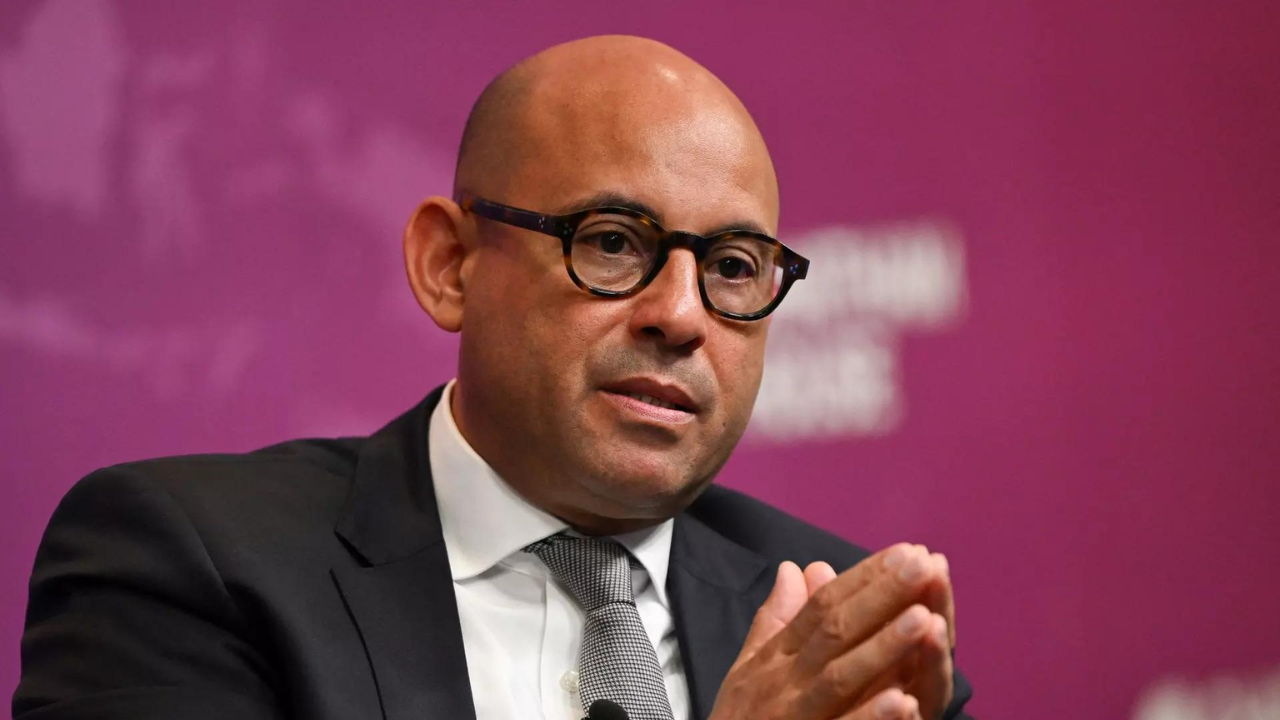The EU-Mercosur trade deals ‘political agreement’ on an additional protocol was slated to be announced this week of 26 February 2024 at the World Trade Organisation’s (WTO) 13th Ministerial Conference (MC13) in Abu Dhabi, United Arab Emirates. Yet the likelihood of anything materializing has rapidly diminished, with farmers protesting across Europe, Latin American social movements demanding a new era of peoples’ integration, and a dangerous new far-right leader in Argentina.
Trade deals affect people’s everyday lives, from the food we eat to the energy we use. The EU-Mercosur deal is a powerful symbol of the failed corporate trade model. In negotiation for over 20 years between the European Union and Brazil, Argentina, Paraguay, and Uruguay—known collectively as Mercosur— the trade agreement is beset by disagreements from both regions. It would restrict development policies, undermine public procurement and open up the free trade of harmful products such as pesticides, thereby accelerating deforestation, climate change and human rights violations.
Peoples integration and new dangers of EU-Mercosur in Latin America
A critical perspective emerged from the recent Latin America and Caribbean Summit of Peoples’ Integration, held on February 22 and 23 in Foz do Iguaçu, Brazil, which drew thousands from across the region emphasizing the importance of a people-centered approach to trade. Activists and leaders of the peasant, feminist, trade union, student, environmental justice and popular movements and representatives of Indigenous peoples debated on the challenges of Latin American and Caribbean integration, in dialogue with political parties, parliamentarians and government actors.
Proposals were established around the sovereignty and integration of peoples with a focus on social rights, decent work as the center of a new development model, the construction of a cultural counter-hegemony, and the solidarity and internationalism of the peoples.
This vision rejects the notion that trade should be driven solely by economic interests, calling for agreements that prioritize human rights, social justice, and environmental sustainability. The Summit’s participants urged governments to reconsider their support for the EU-Mercosur deal and instead focus on creating partnerships that prioritize the well-being of their citizens.
 Latin America and Caribbean Summit of Peoples’ Integration. Credit: FoE ATALC
Latin America and Caribbean Summit of Peoples’ Integration. Credit: FoE ATALCWhile many progressive governments and social movements in Latin America are envisioning a peoples integration, the dangerous new Argentinean government undermines any pretense of an “environmentally sustainable” EU-Mercosur trade agreement. Within just over a month of being in office, the new President Milei, a representative of the neoliberal extreme right, denier of the climate crisis and gender equality, has violated Argentine society with attempts to pass unconstitutional legal reforms and ruthless economic measures.
In light of the ongoing environmental devastation and Argentina’s new political agenda, will the countries who refused to ratify EU-Mercosur with Bolsonaro still agree to shake hands with climate-denier Milei?
We remain alert on the risk of signing the EU-Mercosur agreement and reinforce the importance of building regional integration responses to the needs of the peoples, the defense of democracy and the resistance to the advance of extreme right-wingers.”
Lucia OrtizFriends of the Earth Brazil
European farmers protests erupt against failed trade deals
In Germany, the Netherlands, France, Belgium, Spain, Greece, and Poland, farmers are rallying over a number of issues, from protesting against environmental norms and the Green Deal to free trade agreements. In France, Belgium and Spain, one of the main demands of the farmers’ recent protests is to stop the EU-Mercosur trade deal. A trade agreement that would open markets to agricultural products that don’t respect social and environmental norms, lowering prices and leaving small-scale farmers struggling to compete in an increasingly globalized market.
Their protest echoes a growing sentiment that trade agreements should not come at the expense of local economies and the social fabric of rural communities. With farmers blockading Paris’ suburbs, Berlin and other major cities and bringing their plight all the way to the doorstep of the European Parliament, demonstrations continue across the region.
 Protests against EU-Mercosur trade deal at EU farmers protests. Credit. FoE Europe
Protests against EU-Mercosur trade deal at EU farmers protests. Credit. FoE EuropeSo called ‘free-trade agreements’ favor corporate giants like BASF, Bayer and Cargill, undermine the viability of small-scale, family farmers and hinder the transition to sustainable food and farming systems. For example, the EU-Mercosur deal would further expose European farmers to compete with imported food produced with pesticides forbidden in the EU while exposing Latin American countries to the impacts of toxic pesticides produced and exported by, but also banned in, the EU.
Reflecting on the recent protests, Julie Zalcman, trade campaigner at Friends of the Earth Europe says “When thousands of farmers protest in France, Belgium and in front of the EU institutions, against unjust free trade agreements, how can the Commission still put corporate giants’ economic interests above our common well-being? The negotiations of the EU-Mercosur deal, a toxic and outdated deal, must stop now and for good.”
WTO meets with trade at a crossroads
As global leaders meet at WTO’s MC13 to shape the future of international trade policies, the focus will be on specific and important trade debates on fisheries subsidies, dispute settlement reform, intellectual property rights and e-commerce.
Yet the ongoing failures of EU-Mercosur trade should be a warning. Similar debates have undermined the legitimacy and stalled the WTO for years. WTO rules, for example, hamper governments’ ability to build and manage public food reserves, a critical tool in preventing or mitigating food crises, and during the COVID pandemic WTO intellectual property rights rules protected Pharmaceutical company monopolies and slowed access to vaccines.
With trade policy at a crossroads, we need to take a new direction in the trade system, one which helps develop sustainable societies by supporting local economies and sustainable jobs, a clean environment, and better social protection. Advancing towards a people’s energy system and food sovereignty is key.
It remains uncertain if the elected representatives will cave into pressure from corporate interests, but what is certain is that the public is increasingly aware and more involved in discussing the wide-ranging implications of these trade agreements – and that is a big step in the right direction.
The post World Trade Organisation gathers as EU-Mercosur trade deal challenged from all sides appeared first on Friends of the Earth International.

 2 months ago
42
2 months ago
42


